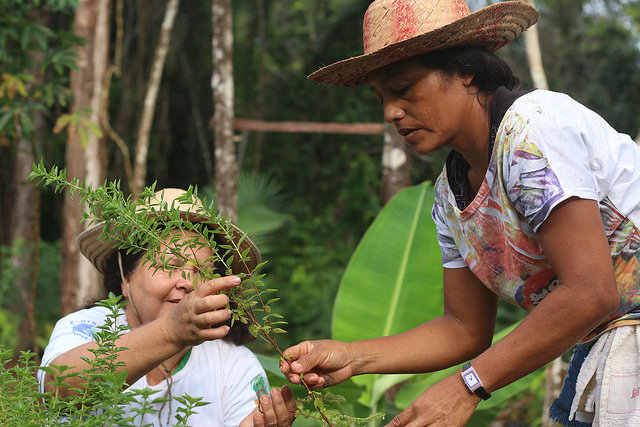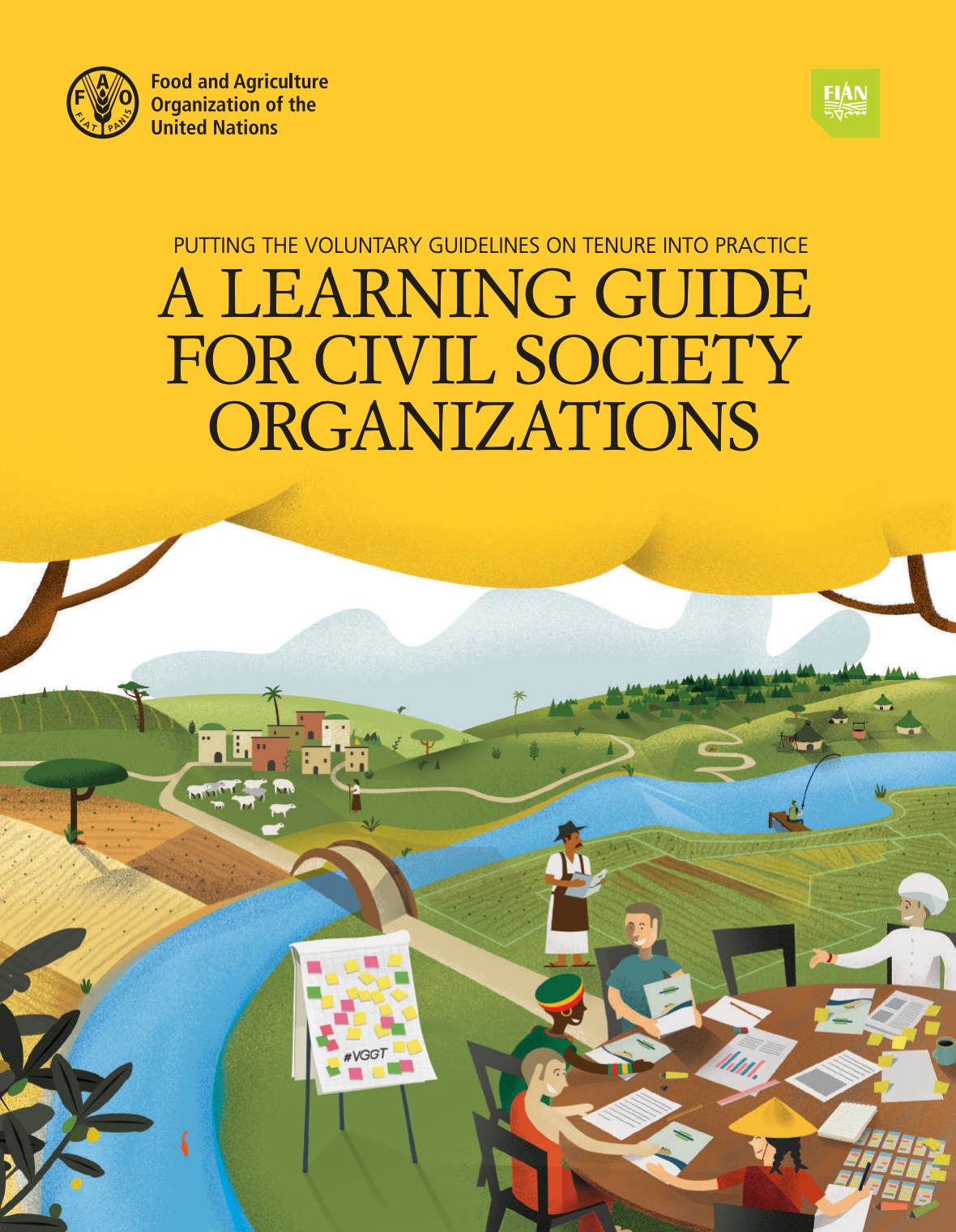Land and decentralisation in Senegal
Land and decentralisation policies in Senegal have been closely linked since the country became independent in 1960. Although local governments manage public lands and participate in the management of special areas, the actual degree popular participation in land and decentralisation policies occurs strongly depends on the rights granted to local communities and governments and the available human and financial resources. This paper explores these issues and discusses their effect on decentralisation and land management in Senegal.






